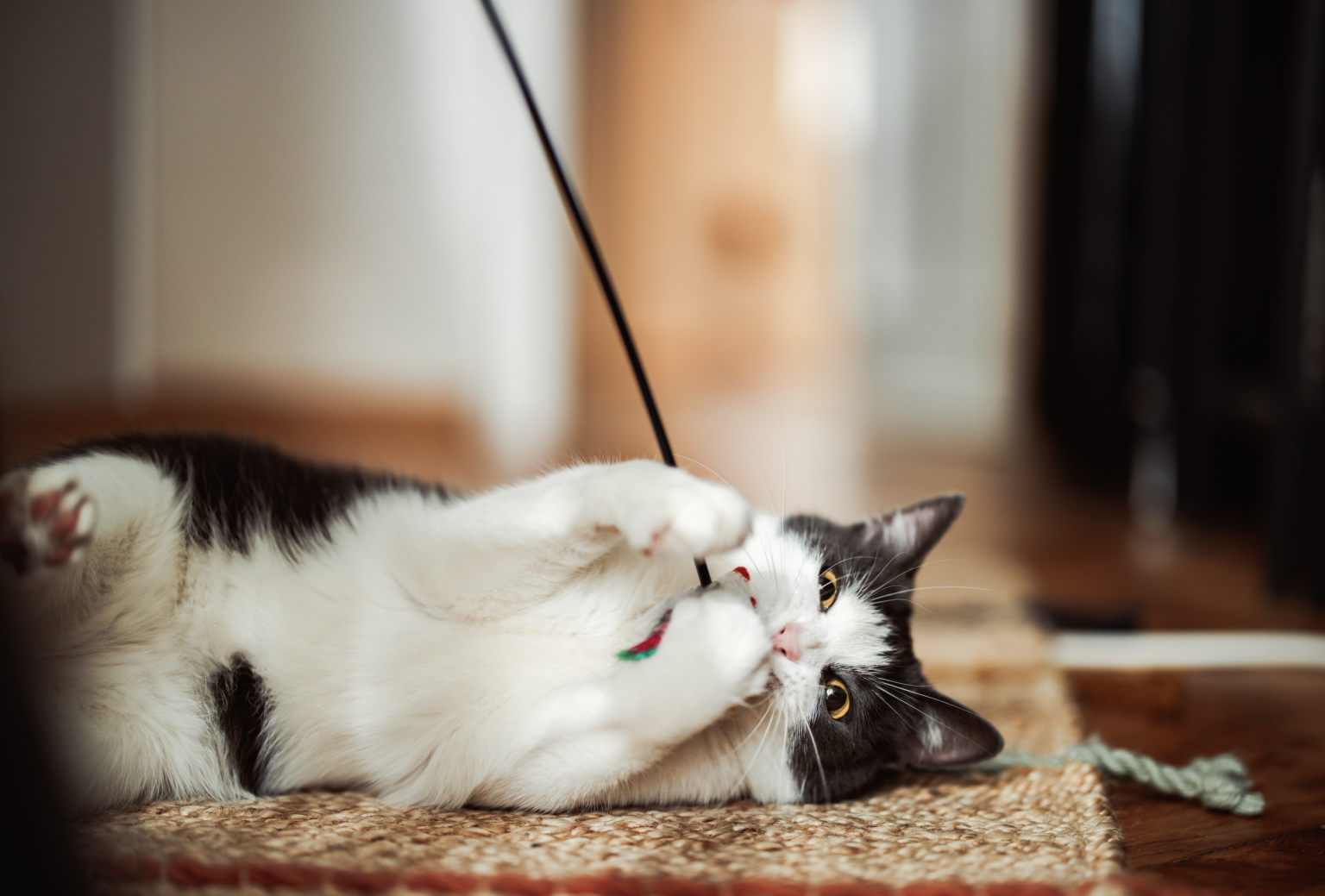If you’re among the 7.1% of adults who uses a hearing aid, and you have a pet adopted from the P.A.W.S. Animal Adoption Center in Camden or elsewhere, it’s important that you keep your hearing aids and pets safe from one another. Not only can a pet lose or damage your hearing health investment, but if ingested, a hearing aid battery can pose a serious threat to your furry friend’s wellbeing. We review how to keep both your hearing aids and pets safe below.
Proper Storage of Hearing Aids
Whenever you’re not wearing your hearing aids, store them somewhere both safe and consistent. First, put them in a storage case, then put this somewhere where your pet cannot access it. For example, you can put it somewhere high up where they cannot reach or in a drawer that remains closed. (Additional note: you should not choose a hot location like a windowsill or a humid location like your bathroom.) Consistency is also important so you’ll know right away if your hearing aids go missing.
Proper Storage of Batteries

Both new and old batteries should be stored in containers with secure lids. Label each container clearly
so you’re not putting used batteries in your hearing aids by accident.
When you have time, take your used batteries to a recycling center. Never dispose of them in the trash can because your pet can rummage through it and consume the batteries; they are still extremely hazardous even if they no longer have power.
The Signs Your Pet Ingested a Hearing Aid or Battery
If your hearing aids have gone missing and you suspect your pet is to blame, look for the following signs:
- They won’t eat or drink, or they try but can’t swallow.
- They’re vomiting or drooling.
- Their tongue is red, or their skin is gray.
- They’re whimpering as if in pain.
These signs may not show up until up to 12 hours after they’ve ingested a battery.
What to Do if Your Pet Ingests a Hearing Aid or Battery
Immediately after you notice the signs, take your pet to an emergency veterinarian clinic. Tell the veterinarian what kind of batteries they ingested so they know what to do.
To learn more about keeping your hearing aids away from your pet or to schedule an appointment with a hearing aid expert, call Gary D. Schwartzberg, Au.D., Doctor of Audiology today.